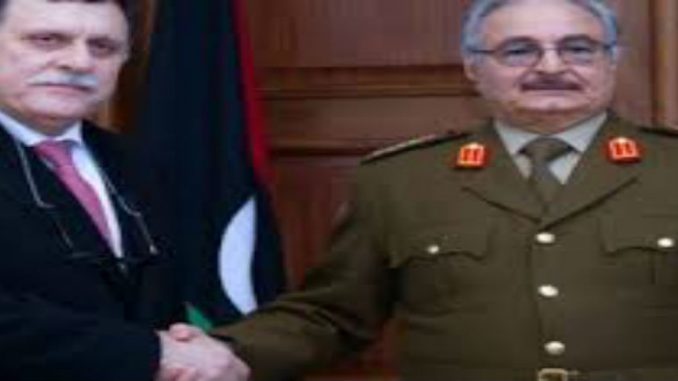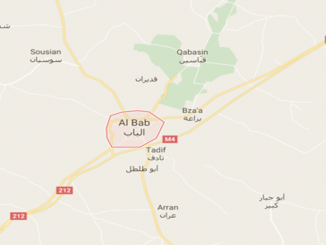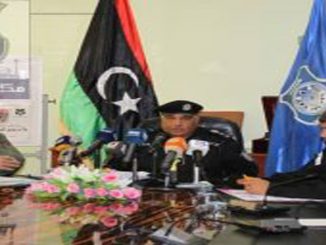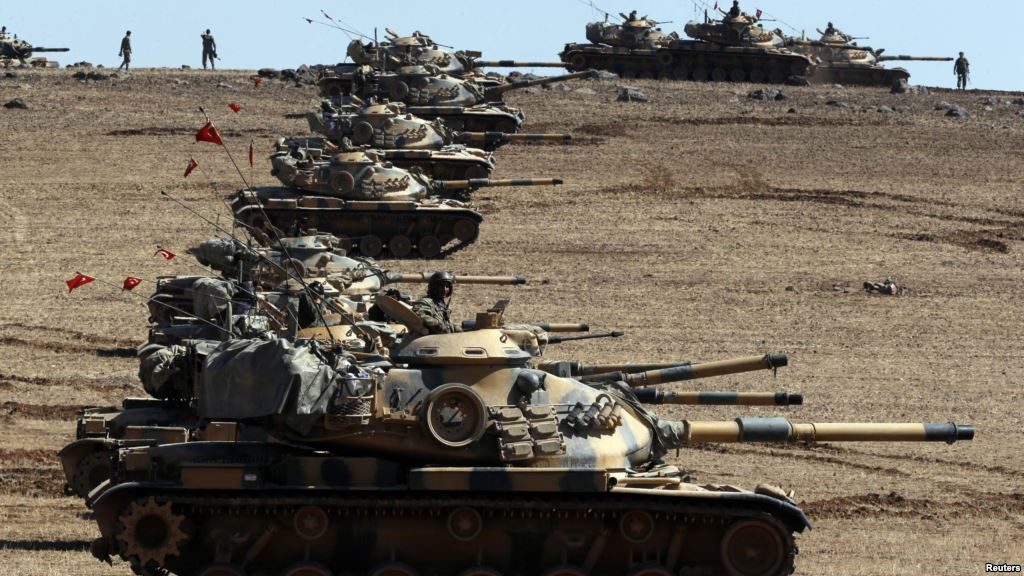
Although there has been no official statement so far on talks in Abu Dhabi between Libya’s Presidency Council head Fayez al-Serraj and General Khalifa Haftar, unconfirmed reports say that a number of points were agreed, according to Libya Herald.
According to sources in Abu Dhabi, the agreement included reducing the Presidency Council to three rather than nine members, the fight against terrorism and the classifying of a number of organisations as terrorists, the removal of controversial supplementary Clause 8 of the Libyan Political Agreement, and fresh parliamentary and presidential elections within six months of an agreement being reached.
Other items agreed are said to be:
- The formation of a new presidency council to comprise a president plus the head of the House of Representatives and the general commander of the Libyan armed forces;
- No foreign interference in army and security affairs;
- The dissolution of militias and armed groups;
- Compliance with all Libyan judicial decisions; and
- Rejecting the settlement of migrants in Libya.
Moreover, Haftar and al-Serraj are also said to have agreed to set up working group to prepare a formal agreement.
In the same context, Abdel-Fattah al-Sisi, a close ally of Haftar, is scheduled to visit UAE today. It is unclear if he will be part of the talks.
However, Libya herald reported that they will have another meeting to continue their discussions next week in Cairo and that it will be attended by al-Sisi.
It is wroth to mention that al-Sisi was to have attend the talks that the two were supposed to have in the Egyptian capital in February but which failed to take place when Haftar refused to meet Serraj.
Haftar, whose forces known as the Libyan National Army(LNA) control much of the country’s east, has refused to recognize the authority of the UN-backed GNA since it started working in the Libyan capital in March 2016.
He also has established himself as a key player, especially after seizing the country’s key oil terminals in September.
There is no news as to whether the LNA will call a new ceasefire in the south.
In fact, the decision on fighting terrorism may prove thorny if, as reported, it has been agreed that the Benghazi Revolutionaries’ Shoura Council (BRSC) and the Benghazi Defense Brigades are to be classified as terrorists because of their ties to Al-Qaeda via Ansar Al-Sharia, itself part of the BRSC.
This will almost certainly be rejected by a number of Misratan groups as well as those allied to the grand mufti, Sheikh Sadek Al-Ghariani.



